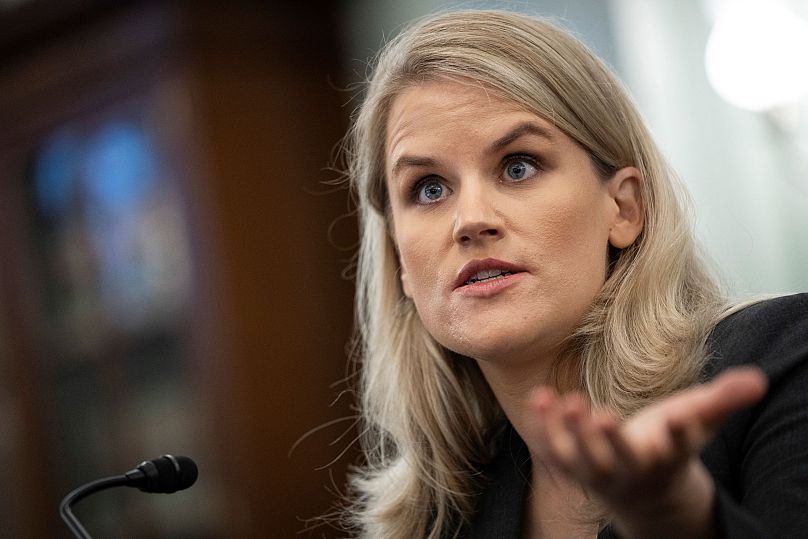The company said it was safer to limit facial recognition software amid ethical concerns and lawsuits over its use.
Facebook will shut down its facial recognition system and delete the facial recognition templates of over a billion people who opted in to using the technology since it was introduced over a decade ago.
In a blog post announcing the decision, Jerome Pesenti, vice president of artificial intelligence for Facebook’s new parent company, Meta, said that while facial recognition had valid use cases - such as identity verification and device security - there were also significant risks.
"There are many concerns about the place of facial recognition technology in society, and regulators are still in the process of providing a clear set of rules governing its use," he said.
Facebook's move means that the platform will no longer suggest people to tag in photos or videos. Visually impaired users will also be affected, as Facebook will no longer generate automatic "alt text" identifying individuals who appear in photos.
Controversial technology
Critics of facial recognition say it can be used to harm individual privacy and extend surveillance. Last year, US computing firm IBM announced it would stop selling general purpose facial recognition and analysis software, citing issues like "mass surveillance, racial profiling, violations of basic human rights and freedoms" in its decision.
"We believe now is the time to begin a national dialogue on whether and how facial recognition technology should be employed by domestic law enforcement agencies," IBM CEO Arvind Krishna wrote in a letter to US lawmakers.
Facebook's face scanning helped land it a $5 billion (€4.3 billion) fine from the US Federal Trade Commission - a government consumer protection agency - in 2019.
The company's settlement with the FTC included a commitment to providing a "clear and conspicuous" notice before people’s photos and videos were subjected to facial recognition technology.
As a result, Facebook stopped automatically recognising people in photos and made it easier to opt out of the feature. But despite debate over the ethics of the technology, over a third of Facebook's active daily users - some 640 million people - have opted in to facial recognition, the company said.
Privacy advocates welcome the move
In his blog post, Meta's Pesenti said the company was moving away from mass deployment of facial recognition and towards "narrower forms of personal identification" like the Face ID technology used to unlock some Apple devices.
"This is a tremendously significant recognition that this technology is inherently dangerous," Nathan Wessler of the American Civil Liberties Union told the Associated Press news agency.
A key issue is that to make facial recognition work, companies have to build vast libraries of "faceprints". This has often happened without consent, Wessler said.
Facial recognition algorithms themselves are also prone to failures, with studies finding they work unevenly across different gender, race or age groups.
In October, rideshare service Uber was taken to an employment tribunal in the UK by a black driver who claimed he was sacked after facial recognition software used by the company failed to recognise him.












